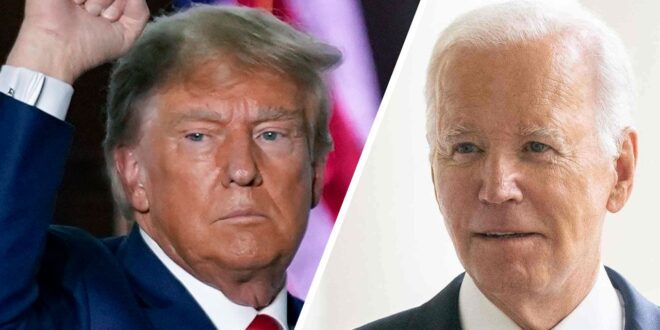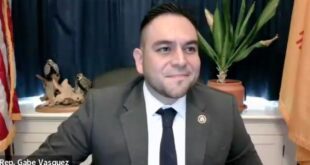It’s the Criminality, Stupid: Why Voters See Crooks in All Corners of …
In recent years, there has been a growing sentiment among voters that politicians and other powerful figures are engaged in criminal behavior. This perception is not limited to any specific party or ideology but cuts across societal divisions. From the left to the right, people are increasingly questioning the integrity and honesty of their leaders.
The reasons for this widespread perception of criminality are multifaceted. One factor is the rise of social media and the internet, which has made information more accessible than ever before. Any wrongdoing by a public figure can quickly become viral, leading to heightened scrutiny and suspicion. Additionally, the 24-hour news cycle and the constant barrage of scandals and investigations have contributed to a sense of pervasive corruption.
Another key factor is the erosion of trust in institutions. Many voters feel let down by traditional authorities such as the government, law enforcement, and the media. Instances of corruption within these institutions have further eroded public trust and reinforced the perception of criminality among those in power.
The Role of Partisanship
Partisanship plays a significant role in how voters perceive criminality. A growing tribalism in politics has resulted in a “us versus them” mentality, where any wrongdoing by the opposing party is seen as criminal while excusing similar behavior from one’s own party. This selective perception further contributes to the perception of widespread criminality.
Politicians themselves have also contributed to this perception. Many political campaigns focus on exposing the alleged criminal behavior of opponents rather than presenting their own policies and ideas. This tactic not only undermines trust in the political process but also reinforces the idea that all politicians are corrupt.
The Need for Change
It is crucial for society to address this perception of criminality among leaders. Without trust in those in power, the democratic process is undermined, and citizens become disengaged. Steps need to be taken to restore faith in institutions and hold those who engage in criminal behavior accountable.
One way to combat this issue is through greater transparency and accountability. Public officials should be held to higher ethical standards, and mechanisms should be in place to investigate and prosecute wrongdoing. Additionally, efforts should be made to reduce partisanship and foster a more constructive political discourse.
Education can also play a significant role. By teaching young people about the importance of integrity and ethics, future generations may be less likely to tolerate or engage in corrupt behavior. Civics classes should emphasize the role of citizens in holding their leaders accountable and encourage active participation in the political process.
Ultimately, addressing the perception of criminality among leaders requires a collective effort from society as a whole. By working to rebuild trust and promote a culture of integrity, we can establish a more transparent and accountable political system.
 Mind Uncharted Explore. Discover. Learn.
Mind Uncharted Explore. Discover. Learn.



